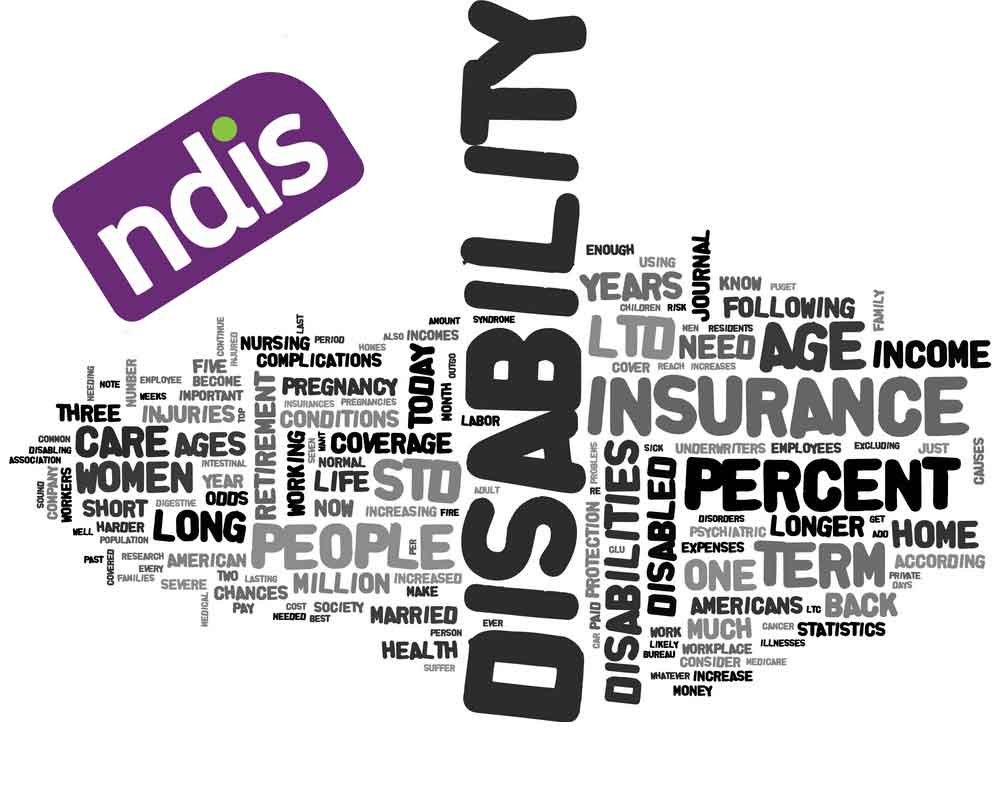A plan review for the NDIS (National Disability Insurance Scheme) is usually done every year. For these reviews, you will need to provide assessments and reports from the service providers. These serve to demonstrate how your support and services are aiding in achieving your goals. Reviews such as these provide an opportunity to gauge if our supports are working in our favour.
It also checks if our goals are being met. NDIS plans are not static, they constantly shift and change over time along with our needs. The best advice you can receive is to be prepared. Here are some of the things to take note of when preparing for a plan review.
Most common questions
First things first, let’s cover some of the most common questions that you will get in order to be prepared for answering them.
The first one is related to the concern regarding people usually getting less in their second plan instalments. There is a lot of concern around getting less of an amount in a plan review. The truth is that outcomes vary from person to person. It can get quite subjective as there are a lot of variables that need to be taken into account. The best way of increasing the chances of acquiring a plan with which everyone is happy is to come prepared.
Also, it can vary greatly depending on the experience of the Planners themselves. Another question is who will conduct your plan review. For those aged between seven and sixty-five, the conversation will be facilitated by an NDIS Planner or a Local Area Coordinator. For those under the age range, the plan review conversation will be conducted by an Early Childhood Intervention Partner.
A Support Coordinator can be used to help you prepare. If you have been receiving funding for your first plan for a Support Coordinator, they are capable of helping you prepare for your second plan. There is also plenty you can do to prepare yourself. Webinar repositories like those from PROVIDERplus can prove to be an invaluable source of informative material.
A change of plans
The purpose of the NDIS is to increase and optimize a person’s skills and independence in the working environment in order to achieve a better life. Since these plans are usually necessary for the long-term, often for a lifetime, these needs do change. As you are working towards achieving your goals and are advancing your skills through life, the amount and type of support you will need changes.
A service, support plan, and assistive technologies can increase your independence and will, therefore, decrease the need for additional support. This, in turn, will result in less of a need for funding or could downright negate the need for any further funding through an NDIS plan. In such a case, NDIS funding will not be needed but can be reinstated in the future if the need arises.
Inconsistent plans
As of August of 2019, the NDIA made revisions to the NDIS portal in order to improve the process in case that the plans have not been made back-to-back. This practice has been known to create problems in the past. Now, any plans that are due to expire within seven days are extended by twenty-eight days, giving a lot more room to manoeuvre.
Further improvements include the SDA and SIL extending service bookings automatically if a twenty-eight-day extension has been applied to a plan. Furthermore, any unclaimed funds within a previous plan will be available for ninety days after a new plan has been installed. This provides clients and providers alike with more time to make payment requests. Note that these changes apply to plans that have been approved after 10 February of 2020. Lastly, clients can receive services no matter the delay in the schedule of a plan review process. Much in the same way, providers can claim for services while the client prepares for said plan review.
The NDIS system is a complex one that is rapidly changing all the time. This means it ultimately falls onto us to properly prepare for plan reviews and not rely solely on Planners to do our work for us. With these basic concepts, you are well on your way to make the most out of your NDIS plan.


